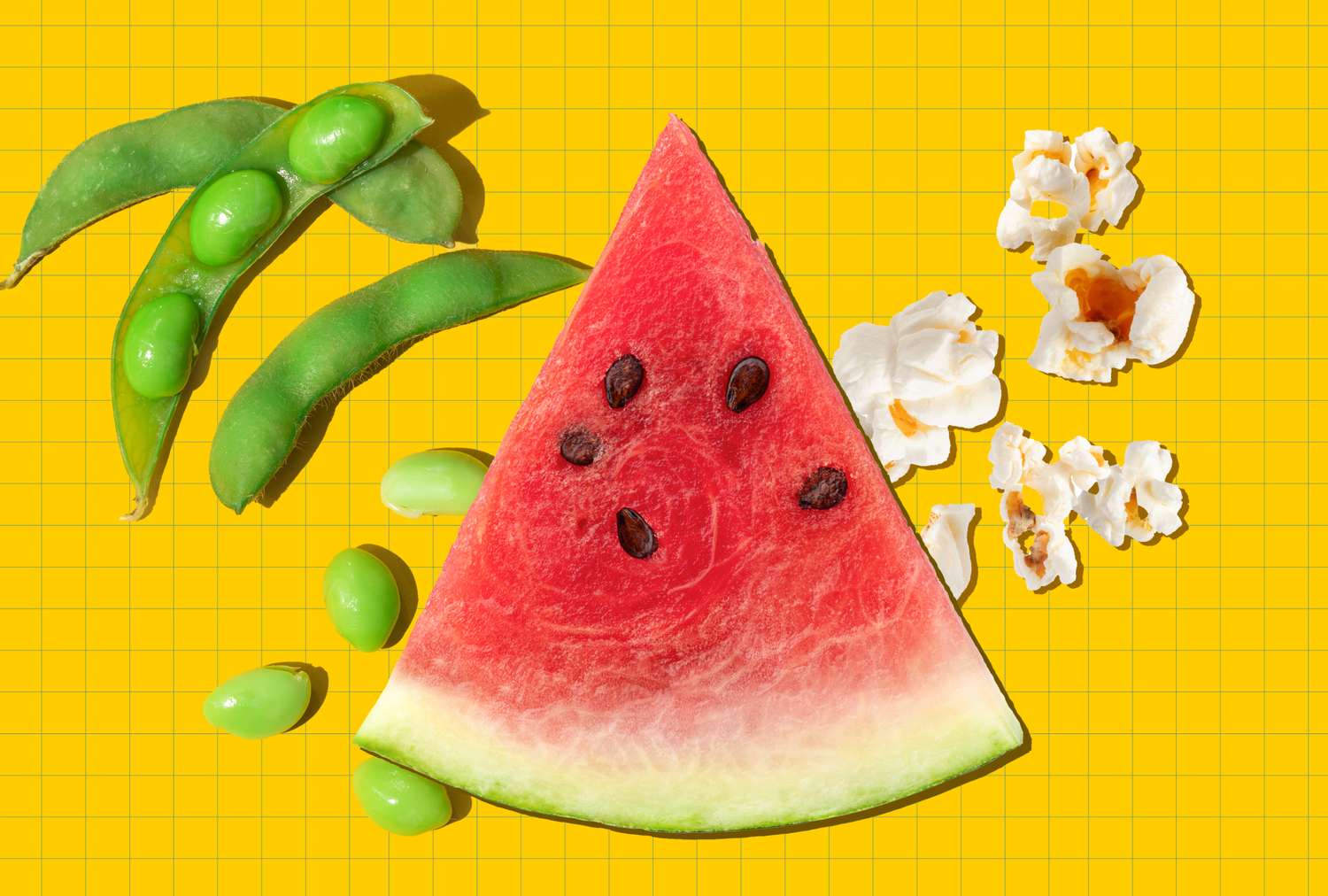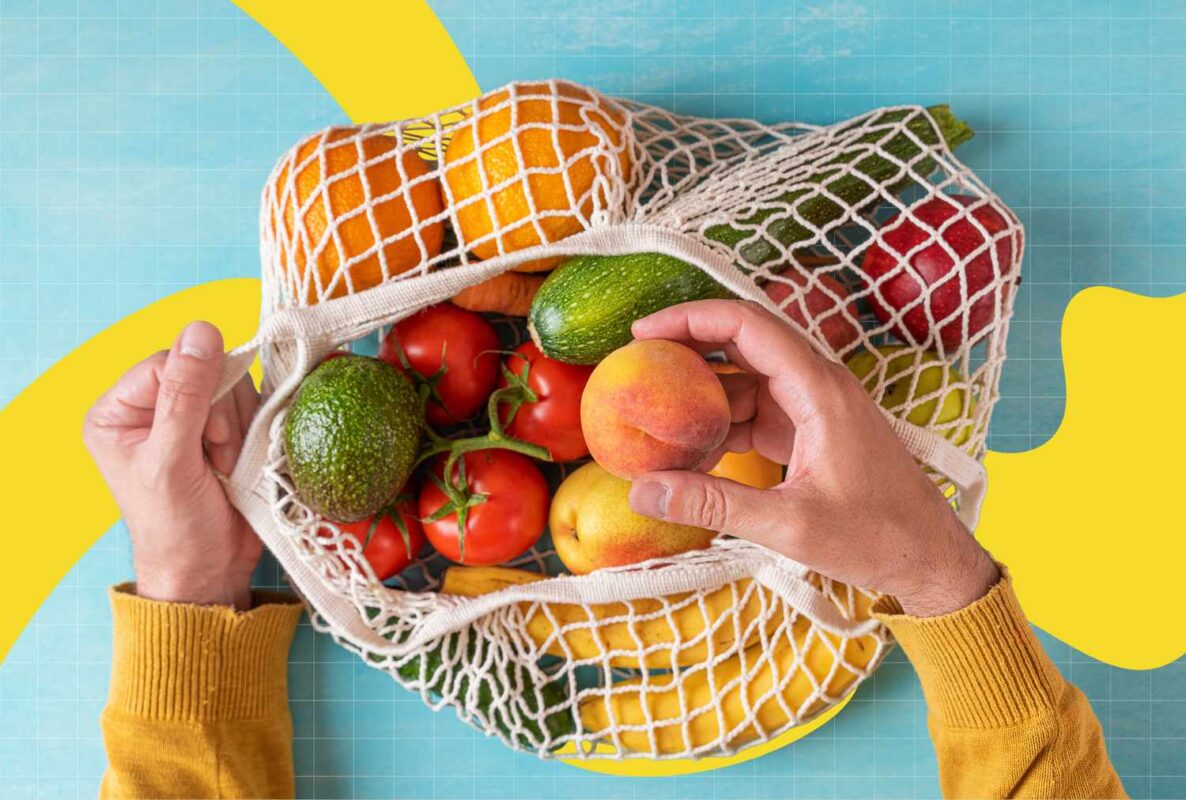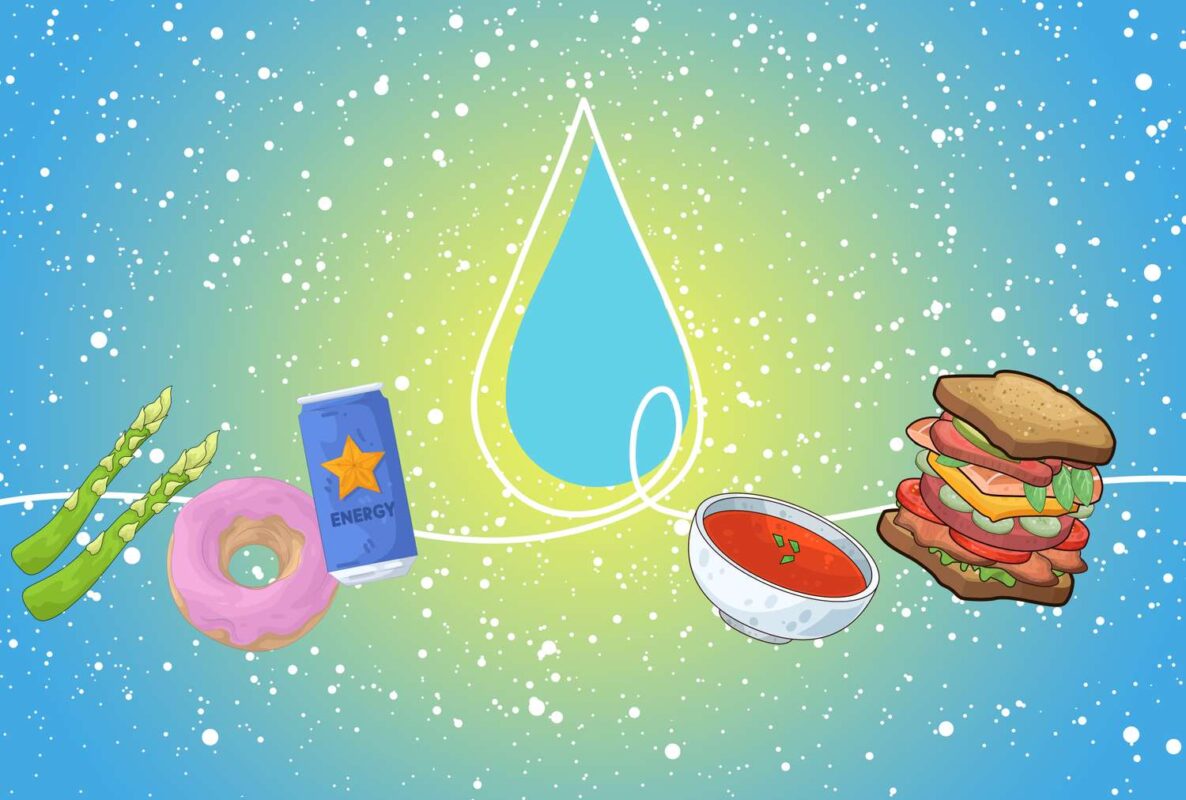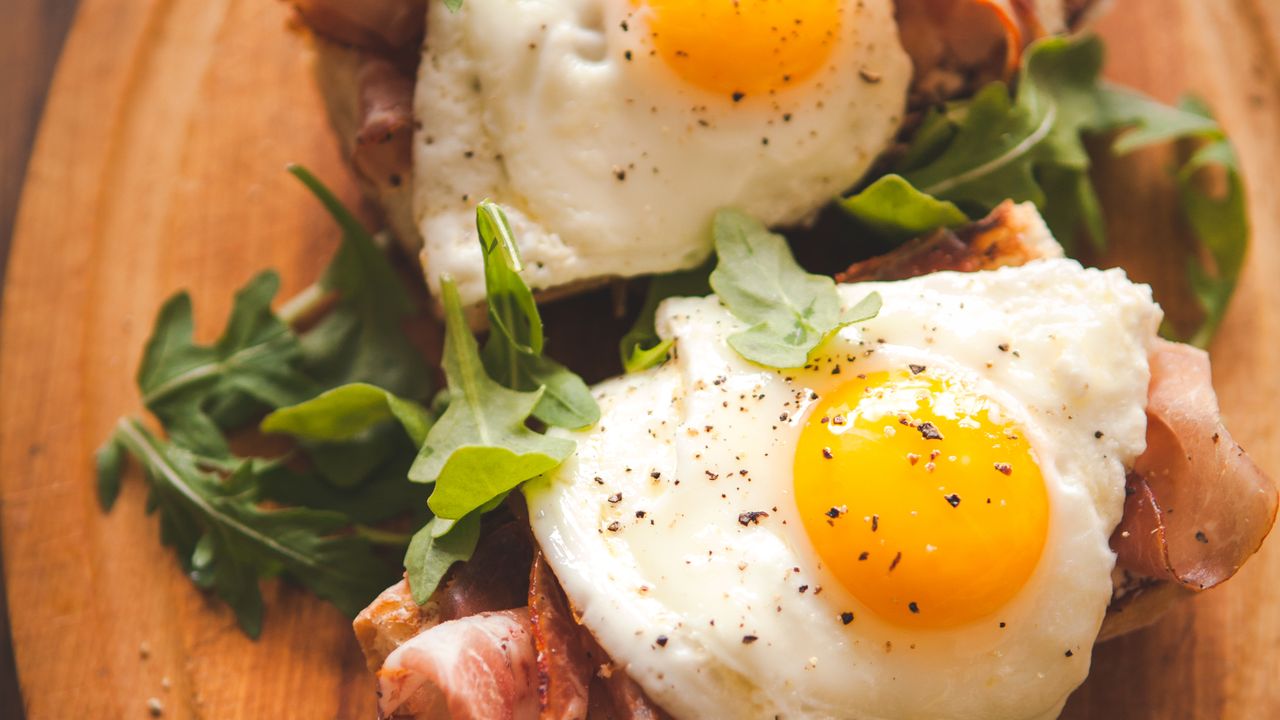Blog
7 Foods You Might Think Are High in Carbs, but Aren’t

- Some foods seem high in carbs but are actually fiber-rich and blood sugar-friendly.
- Watermelon, edamame and raspberries, among other foods, are lower in carbs than you might expect.
- Eating nutrient-dense carbs can support energy, fullness, and overall well-being.
Carbohydrates often get a bad rap, but they’re an essential part of a balanced diet and your body’s main source of energy. And while carbs aren’t the enemy, some foods carry a reputation for being high in carbs—even when they’re not. Whether you’re paying closer attention to your carb intake for health reasons or are simply curious about what’s in your food, it can be helpful to know that some foods are lower in carbs than you might expect.
However, not all foods with carbs have the same impact on your overall health. For instance, while potatoes and pasta are high in carbs, they also contain other nutrients that benefit your health, setting them apart from less nutritious high-carb foods like ice cream and cookies.
From sweet fruits to starchy-looking veggies, here are eight foods that may not be as high in carbs as you thought—and easy, delicious ways to enjoy them.
1. Carrots
Due to their natural sweetness, carrots “get unfairly labeled as too sugary, but a cup [raw] only has around 12 grams of carbs,” says Alyssa Simpson, RDN, CGN, CLT. That’s only 4% of the Daily Value for carbohydrates, which is 275 grams per day. Not only that, they’re packed with beta-carotene, a powerful antioxidant that helps fight inflammation and may lower the risk of chronic disease like type 2 diabetes, notes Simpson.
2. Popcorn
Popcorn might surprise, since many popular snack options tend to be pretty high in carbs. Unlike many other snacks, popcorn is low in carbohydrates and high in fiber. A 3-cup serving has only 15 grams of carbs and up to 4 grams of fiber. “That’s double the fiber than a handful of potato chips for the same carbohydrates,” says Kaitlin Hippley, M.Ed, RDN, LD, CDCES. The fiber in popcorn helps slow down digestion and prevent a post-snack spike in blood sugar.
3. Green Peas
While peas are sometimes grouped with higher-carb foods, they deserve a closer look. “A lot of people avoid peas because they think they’re super starchy, but a half cup only has about 12 grams of carbs,” says Simpson. That’s much less than other legumes. For instance, black beans have nearly twice that—around 21 grams of carbs in the same serving size. You’ll also get 4 grams of fiber, plus plant-based protein and nutrients like vitamin K and magnesium, both of which support heart and metabolic health.
4. Watermelon
Fruit contains natural sugars, but that doesn’t mean it’s off-limits or necessarily packed with carbs. For example, a cup of diced watermelon delivers just 11 grams of carbs and plenty of vitamin C and lycopene—two potent antioxidants that may help protect you against chronic disease, including heart disease. Additionally, watermelon is also about 90% water, making it hydrating and refreshing on hot days.
5. Cottage Cheese
Like other foods, dairy products are a natural source of carbohydrates. And they contain lactose, a natural sugar, but that doesn’t mean they are all high in carbs. Cottage cheese is a standout, with only 6 grams of carbs per half-cup and nearly 12 grams of protein. “It’s great for blood sugar balance and keeps you full—plus, you can go sweet or savory with it,” says Simpson.
6. Baby Corn
When it comes to foods high in carbs, most people will include corn on their list. “While mature corn [like corn on the cob] contains a modest amount of carbohydrates, baby corn has much less,” says Avery Zenker, BASc, MAN. An ear of corn provides 10 grams of carbs, whereas a half-cup of baby corn has just 4 grams of carbs.
7. Edamame
Unlike most beans, such as pinto and black, edamame (young soybeans) are significantly lower in this nutrient. A half-cup contains just 7 grams of carbs, plus 9 grams of protein and 4 grams of fiber. Its fiber-protein combo helps stabilize blood sugar and promote satiety.
How to Add These Foods to a Balanced Diet
These nutrient-rich foods are easy to include in everyday meals. Here are a few ideas:
- Go Meatless More Often: Don’t be afraid of the carbs in beans. They provide a combination of protein and fiber that can help stabilize blood sugar levels. Use fiber- and protein-rich edamame and green peas as the star of meatless meals. For instance, toss edamame into grain bowls or salads or add green peas to risottos, pastas or quick veggie soups.
- Snack Smart: Many packaged snacks can be high in carbs and added sugars, but options like cottage cheese, raspberries or popcorn can satisfy without causing blood sugar spikes. While you can snack on them on their own, you can also get creative. Top cottage cheese with raspberries and chopped walnuts. Add a pinch of chili powder or cinnamon to flavor your popcorn. Or blend raspberries into smoothies or freeze them into yogurt barks.
- Upgrade Your Stir-Fries: Vegetables like carrots and baby corn add crunch and vibrant color to any stir-fry, without a ton of carbs. Use carrot ribbons in place of noodles or stir-fry rounds with broccoli and tofu. Baby corn pairs well with mushrooms, peppers, and a light soy-ginger sauce.
Our Expert Take
You don’t need to fear carbs—especially when they come packaged with fiber, protein and beneficial nutrients. Some foods that are often assumed to be high in carbohydrates actually have less than they appear to have. Rather than cutting out entire food groups, focus on choosing nutrient-dense ingredients that help you feel your best. These eight foods are a great place to start: they’re satisfying, versatile and far more blood sugar-friendly than their reputations suggest.
So go ahead—enjoy that popcorn, toss some peas into your stir-fry or scoop up cottage cheese with your favorite toppings.












